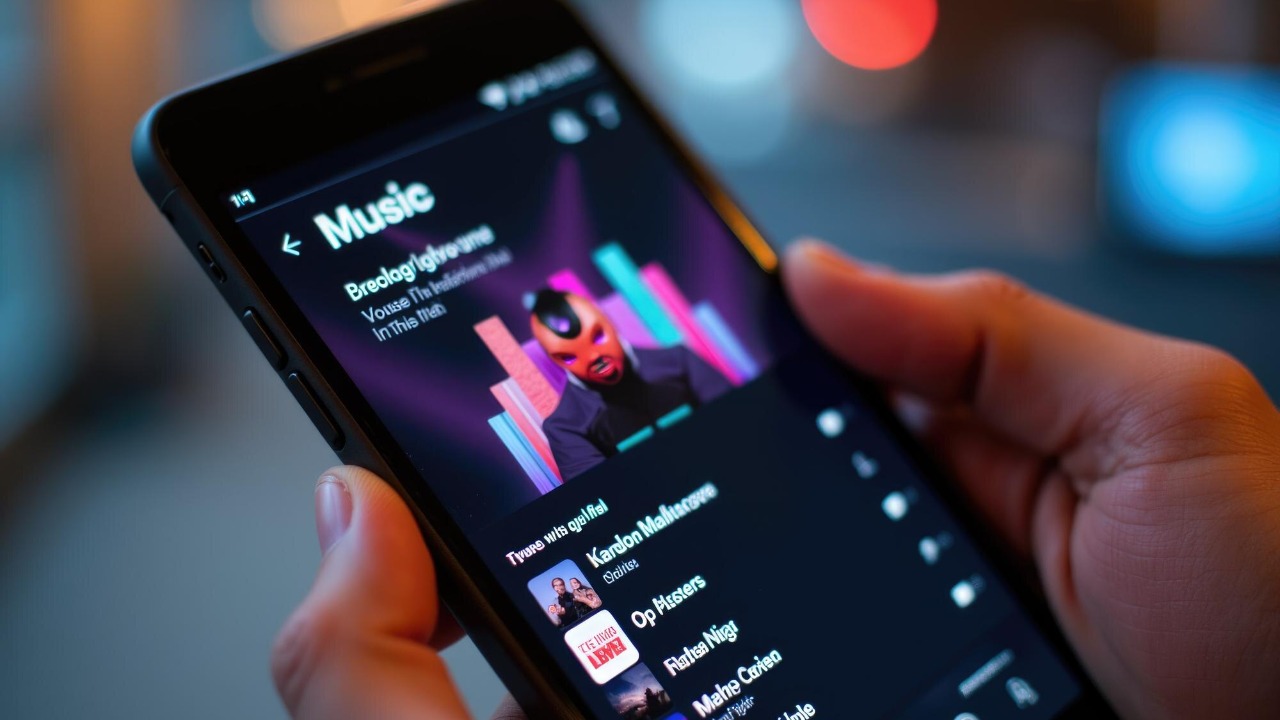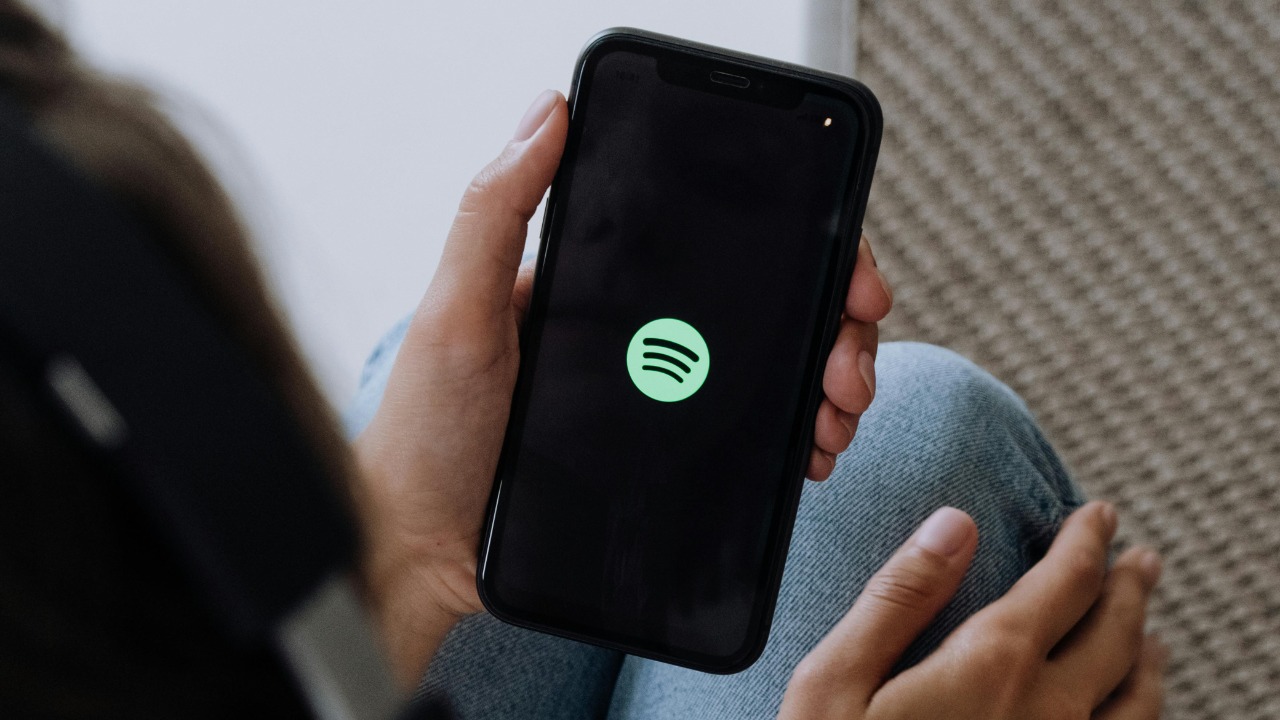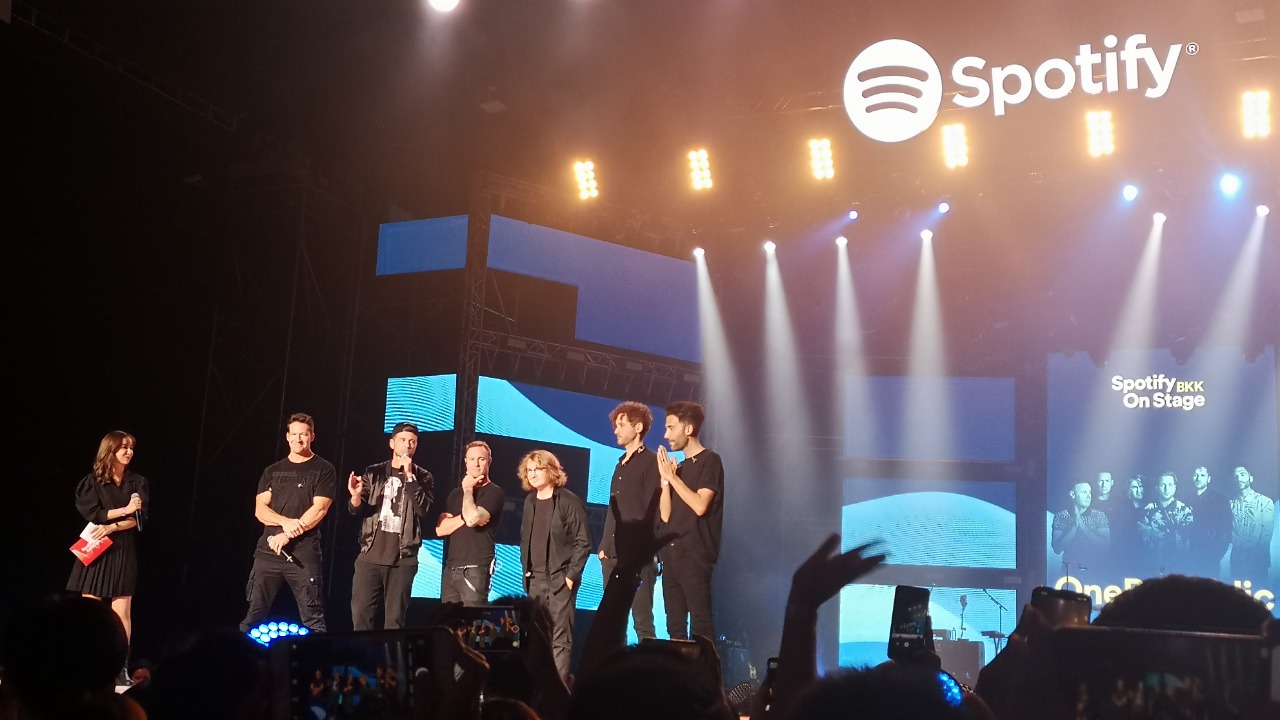
In a digitally driven age where music streaming is the norm, a pressing security concern has reared its head. Hackers are now honing in on popular music apps, harnessing advanced methods to pilfer user passwords.
Understanding the Threat

Cybercriminals are exploiting music apps, making them a new attack vector. By infiltrating these platforms, they can access a gold mine of personal data. This data includes not only login credentials but also linked payment information and user preferences. A recent report revealed a spate of such attacks, particularly on popular apps like Spotify, raising alarm bells across the digital world.
Once stolen, this information can be leveraged in various ways. Hackers can sell it on the dark web, use it to commit identity theft, or even carry out targeted advertising. The threat’s severity is magnified when considering that many users tend to reuse their passwords across multiple platforms.
How the Hacking is Happening

These cybercriminals employ a range of techniques to carry out their nefarious activities. Malware and phishing are the most common methods. For instance, a user might unwittingly download malicious software disguised as an app update. Alternatively, they could be tricked into revealing their login credentials via a fake login page.
Specifically looking at Spotify, hackers often breach accounts by exploiting weak and reused passwords. Cookies, which are designed to improve user experience by remembering login details, can also be manipulated in these attacks. The Apple login issue, where plain text passwords were found in cookies, serves as a stark reminder of the vulnerability that can come with convenience.
Implications for Users and the Music Industry

For individual users, the consequences can be dire. Beyond the invasion of personal privacy, victims also face the risk of identity theft and financial loss. User experiences shared on Reddit and other online forums paint a distressing picture of the aftermath of such breaches.
These security gaps also have significant repercussions for the music industry. Companies not only risk losing their users’ trust but also face potential financial losses. In a time when streaming services are already grappling with issues of artist compensation and copyright infringement, this adds another layer of complexity to their operations.
Protecting Your Music App Accounts

While the threat is real, there are measures users can take to safeguard their accounts. One effective method is using password managers, which offer a secure way to manage multiple unique passwords. According to Mashable, these tools can significantly reduce the risk of cyberattacks.
Along with using a password manager, regularly changing passwords and ensuring they aren’t reused across platforms is crucial. Implementing two-factor authentication, where available, can also provide an additional layer of security. However, it is essential to remember that no method is foolproof, and users need to stay vigilant to potential threats.
What Music Apps and Companies Are Doing in Response

In response to these threats, music apps and companies are taking steps to bolster user security. Spotify, for instance, has been proactive in its response, implementing measures like forced password resets for affected users, and encouraging the use of unique, strong passwords. The company also provides educational materials to help users understand the importance of safe online practices.
Beyond immediate actions, music apps are also considering other strategies to prevent similar breaches in the future. These include improving their security infrastructure, implementing stricter authentication processes, and even considering blockchain technology for enhanced data protection. As we navigate the digital age, it’s clear that the onus is on both users and companies to ensure a safe music streaming experience.